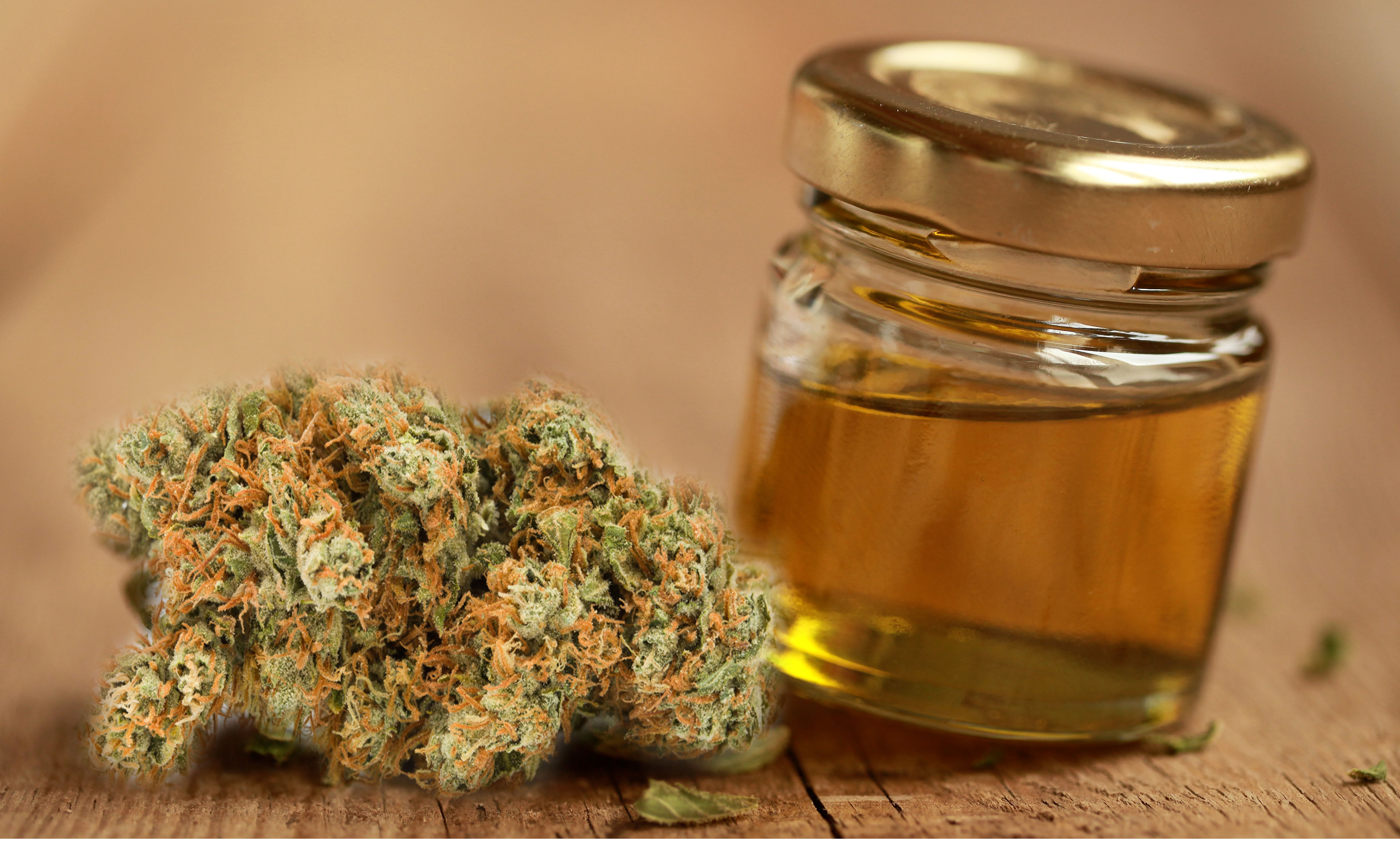Medical Marijuana (Cannabis) Faqs - National Ms Society
"It didn't treat me, but it provided me the chance to get the rest I required to heal, and I was able to function at a much higher level than with the painkillers, that made me get up foggy every day," he stated. "With cannabis, I can consume it in the evening and wake up with a clear head."Cannabis is a particularly efficient treatment for people who require assist with discomfort management, as well as those with sleep disorders or anxiety; however, "there are hundreds of conditions that it treats," Rinella said.
Medical decisions should not be made based on marketing. Speak with a doctor on the advantages and dangers of particular medical cannabis items.
The results of an online survey, consisting of 95 participants, included in the Journal of Alternative and Complementary Medicine in 2014. The researchers found that participants preferred indica pressures for pain management, sedation, and sleep while they would go with sativa pressures to improve energy and state of mind. Regarding pain management, individuals reported a statistically significant result when using indica for: It is, however, important to keep in mind that this research study had several alternative names for marijuana restrictions.
Respondents did not use the marijuana in a controlled setting, possibly resulting in differences in drug structure, dose, and effectiveness. Another research study examined the usage of naturally grown sativa and indica strains in the treatment of a number of medical conditions. Just over half of the individuals were using cannabis to deal with HIV.
The outcomes suggested that indica stress are more likely to enhance energy and appetite, while both sativa and indica stress can ease queasiness to a similar degree. Marijuana consists of compounds that may eliminate discomfort, queasiness, and other signs. The elements of marijuana that many studies concentrate on for discomfort relief are cannabidiol (CBD) and tetrahydrocannabinol (THC).

CBDTHC looks like the cannabinoid chemicals that occur naturally in the body. When people consume or inhale THC, it the brain's cannabinoid receptors. This activates the brain's reward system and decreases pain levels. THC is a psychoactive compound as it binds to cannabinoid receptors and produces a raised mindset, referred to as a high.
